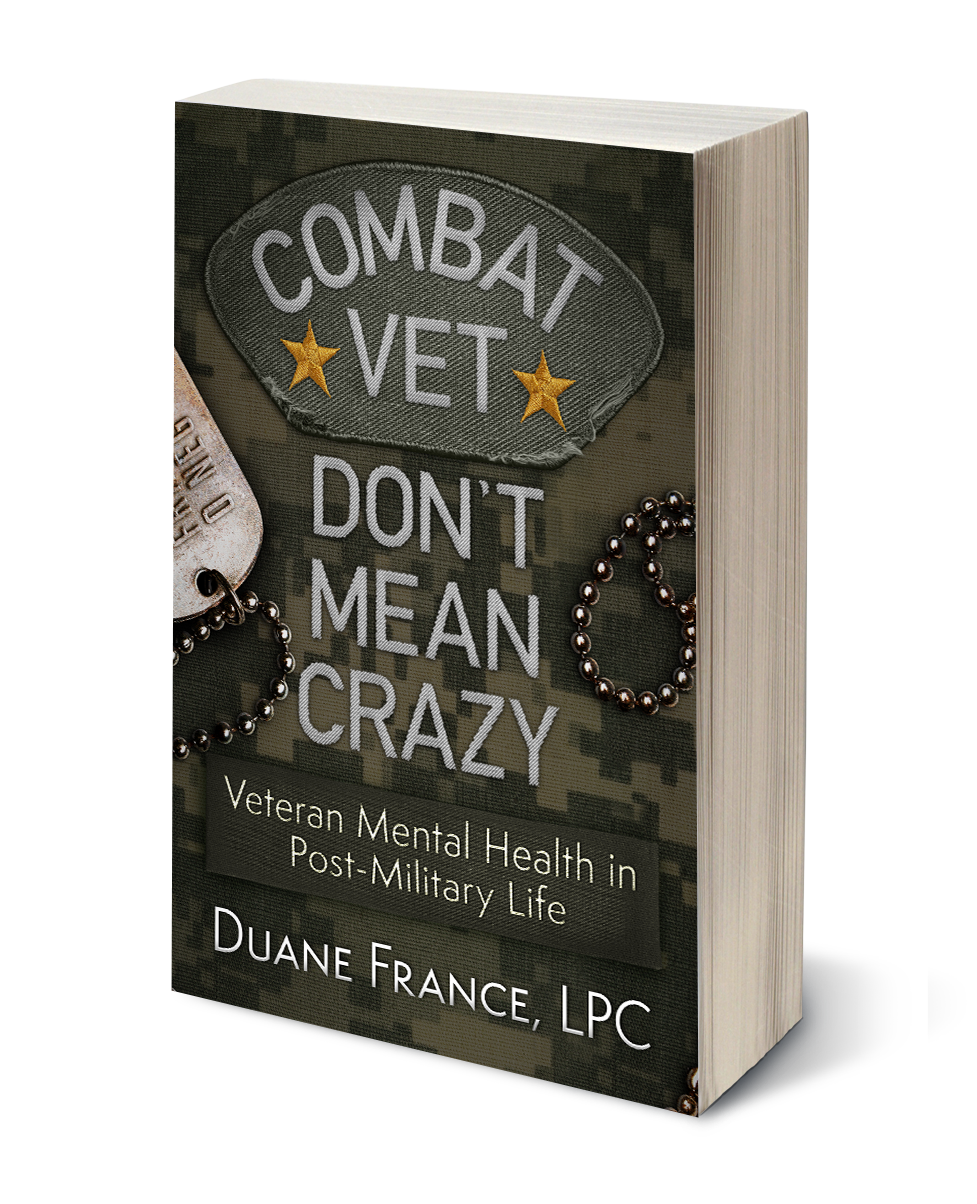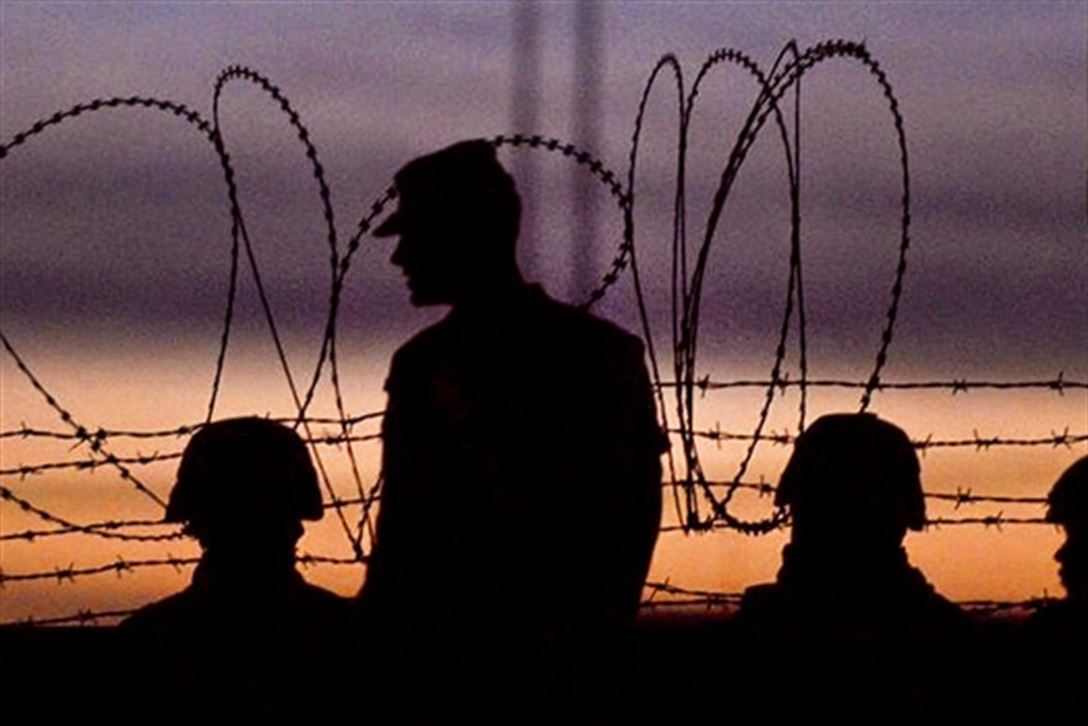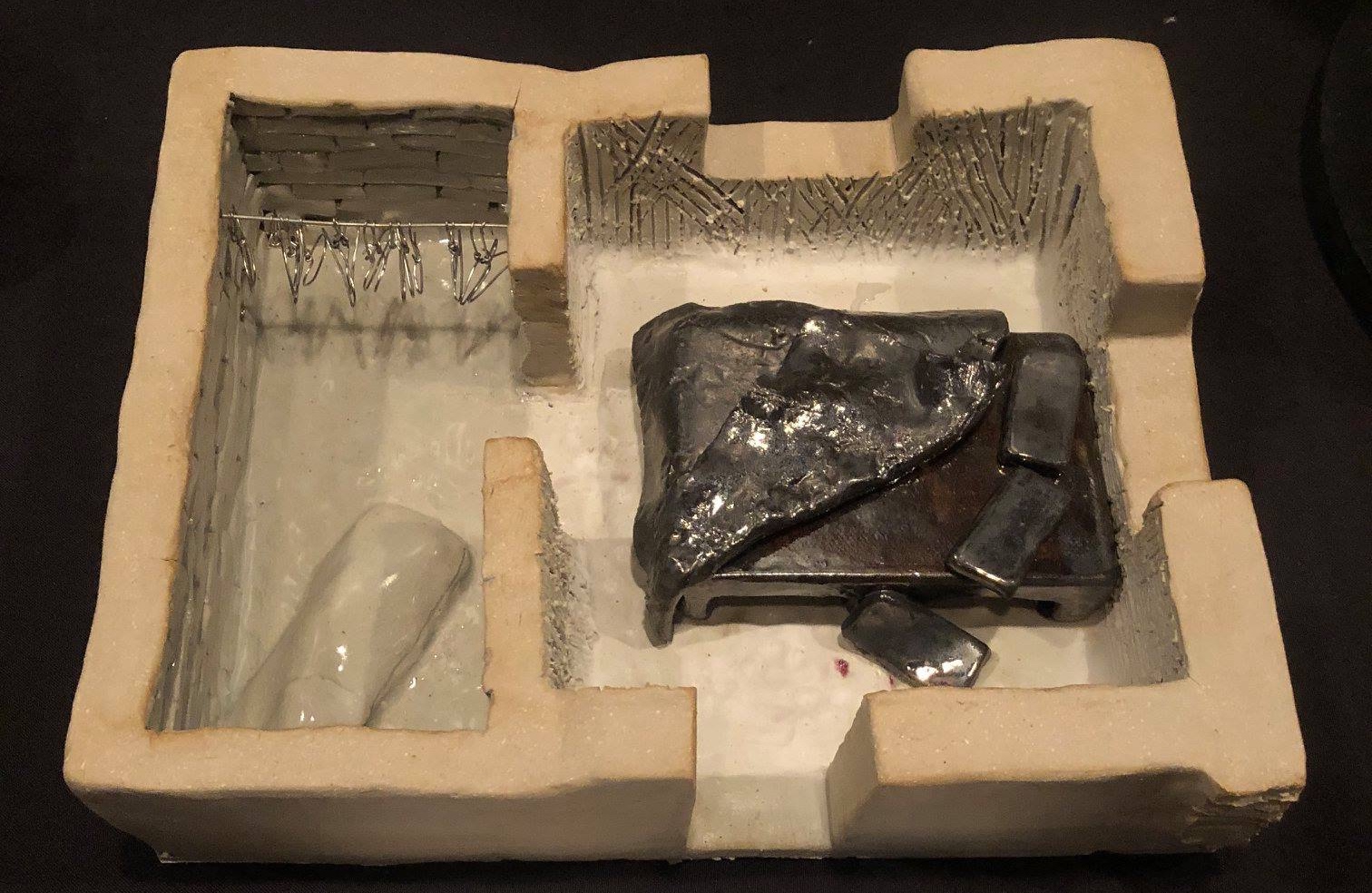
U.S. Airmen perform a military free fall jump in Djibouti, Africa, April 17, 2018. U.S. Air Force photo by Staff Sgt. Gustavo Castillo
“Vulnerability sounds like truth and feels like courage. Truth and courage aren’t always comfortable, but they’re never weakness.”
―
Like all other branches of the military, the Army has a number of core values. For us, it creates the mnemonic LDRSHIP: Loyalty, Duty, Respect, Selfless Service, Honor, Integrity, and Personal Courage. A common question from leaders to their subordinates: “what is the most important Army Value, and why?” A good ol’ standby for promotion and selection boards.
Before 9/11, my answer to that question was Integrity. Without integrity, you couldn’t have the rest. On 9/11, though, I thought of those who sacrificed themselves so that others may live. The firefighters who were running up the stairs while everyone was running down. The story of Rick Rescorla, who had proven his courage many times over in his lifetime, and continued to do so until the end.
Of course, that’s the courage we think of when we talk about the word. We don’t often equate courage to vulnerability, but that’s exactly what those 9/11 heroes were doing…putting themselves in a vulnerable position, the ultimate vulnerability. When we talk about personal courage, though we also need to think about emotional courage. The courage to be open and radically honest; the complete, total, and one hundred percent honesty about things that most just don’t like to talk about. Which takes more courage: to hide that which we are ashamed about because of what we believe what others will think about us, or to step out in spite of that shame with no regard of the opinions of others?
On the Head Space and Timing Podcast, I have had a number of conversations with veterans who were radically honest about themselves and what they experienced or are experiencing.
Radical Honesty About Our Actions
“Confront the dark parts of yourself, and work to banish them with illumination and forgiveness. Your willingness to wrestle with your demons will cause your angels to sing.”
―
There are things that we do in our lives that we’re just not proud of. It’s easy to keep them hidden, and for some, it’s good to do so. Other times, however, keeping the secret locked away only makes it worse. Radical honesty about our actions is being open and vulnerable in admitting that the things that we were doing weren’t helpful. In many ways, they were downright destructive. My friend and colleague Justine Evirs was radically honest in our conversation; while she was exhibiting all the signs of outward success, making a difference in the lives of others, she was struggling with a significant alcohol addiction. During many of our conversations before and after the episode, and even during it, she expressed her anxiety about talking about it publicly. And that’s understandable…but giving in to that anxiety isn’t courage. It’s capitulation.
Along the same lines, Marine Corps veteran and veteran mental health researcher Kate Hendricks Thomas was open and honest about her reactions to combat. Her statement, “I realized that sitting in the basement drinking beer alone in the dark wasn’t healthy” is a phase that has stuck with me, and one that I use often to describe how destructive our behaviors can be. Her article in Task and Purpose about how she hid her abusive marriage is also an example of radical honesty. She says, “Marines are supposed to be tough.” The toughness comes from being radically honest, not hiding in shame.
Radical Honesty About Our Mental Health
Courage is being scared to death … and saddling up anyway. — John Wayne
That’s what this blog, podcast, the books, are all about: open and radically honest conversations about something that most just don’t like to talk about. It’s not perpetuating the myth of the broken warrior; all humans are flawed, we are all broken in our own individual way, and to deny it is to perpetuate a lie. There have been many stories of veterans being radically honest about their struggles with mental health; my buddy, Green Beret Jeff Adamec, is one of them. He said in our conversation, “It’s one thing to think that mental health problems are cowardice and weakness; it’s something totally different to experience them yourself, and know that you’re not a coward.” The most elite soldiers, the top of the pyramid when it comes to the profession of arms, are not immune to reactions to traumatic stress, any more than the rest of us are.
And being radically honest about our mental health is a universal trait. UK Veteran Andy Price was open enough about his struggles after leaving the military to be open about it. What’s more, he decided to do something about it. If he is sitting in his world, feeling the way he does, then he knew that other veterans were hiding their own private shame. He started to talk about it, to show the world what’s really going on inside of our heads. He literally shone a light on it by allowing his story to be told publicly. If that’s not courage, I don’t know what is.
Radical Honesty About Our Lives
“To share your weakness is to make yourself vulnerable; to make yourself vulnerable is to show your strength.” ―
Sometimes, we need to be honest about our actions, our thoughts, and our emotions. Our entire lives. I met Adam Schumann after a talk that he and author David Finkel gave in Dallas, and Adam’s life is a literal open book. The book and movie Thank You For Your Service is about Adam’s life; being medically evacuated out of Iraq not for physical wounds, but for traumatic stress reaction. His experiences upon returning home. The challenges, triumphs, failures, and successes that go along with making his way in his post-military life. A willingness to be radically honest about everything, not so that it can benefit himself, so that perhaps it may help others suffer less.
That’s the psychological and emotional equivalent of running up the stairs while everyone else is running down.
Do you want to help offset some of the costs of the Head Space and Timing Blog and Podcast? Want to show your appreciation and support? You can put some paper in the tip jar by going here or clicking the button below
Want to keep up with all of the Head Space and Timing content? Subscribe Here
 Want to learn more about veteran mental health? Check out the latest Head Space and Timing book
Want to learn more about veteran mental health? Check out the latest Head Space and Timing book
Check out what people are saying about it:
Overall ‘Combat Vet Don’t Mean Crazy’ is a very well written, thought-provoking book. As usual, SFC France did a fantastic job! Being a combat veteran myself who has served in both Iraq and Afghanistan, I feel there’s a lot of powerful information and tools in this book that you can put to use immediately – even as you’re reading this book. Definitely an excellent read on those days of rest and/or distress. – J.C.



1 Comment
Nelson Ormsby · April 10, 2019 at 8:19 am
As your non-resident tree hugging civilian, I do wonder how and to what degree those of us who never raised our right hand contribute, no matter how unknowningly, inadvertently, even benignly, to the challenge of those who wear the uniform who seek to fully embrace the good, the bad, and the ugly of their service, doing so with radical honesty. I use the present tense “wear” because instinctively I suspect there is a part of you, your Brothers and Sisters, who never really take the uniform off. It’s a part of who and what you are and have become and are still becoming, to include now as a holder of the coveted DD214.
My point: what you did or did not do, saw or did not (and could not) see, you did in my name when you went downrange. It’s thus a shared act, a shared responsibility. If Civilians would take ownership in that reality and just not pay it lip service when standing at an NFL game and the “salute to service”, then maybe that might help veterans in the transition to the civilian world they so honorably defended? That’s this civilian’s radical honesty, and how I have come to understand my own Vietnam and post-war experiences, now being translating into the emotional and intellectual vernacular of the post-9/11 “Long War”, which seems to have no end? Then again, I am still struggling to better comprehend Vietnam, so in a sense, that war goes on, too. Guess we are all works in process. CavDad Out!
Comments are closed.